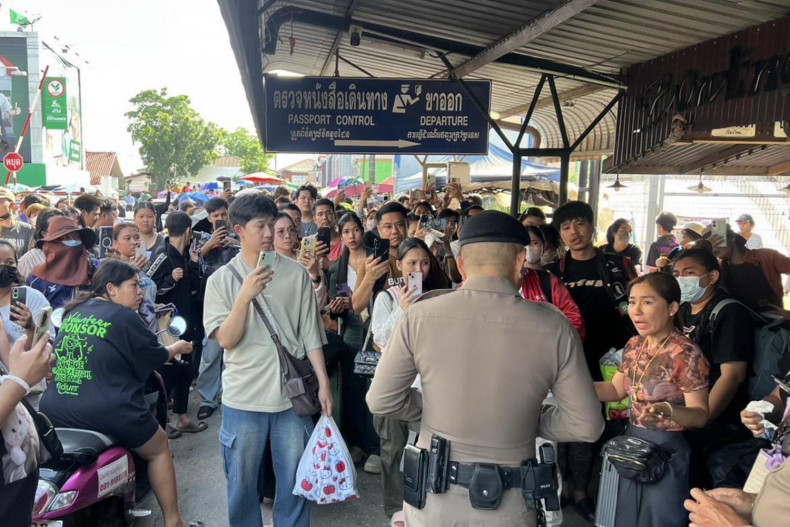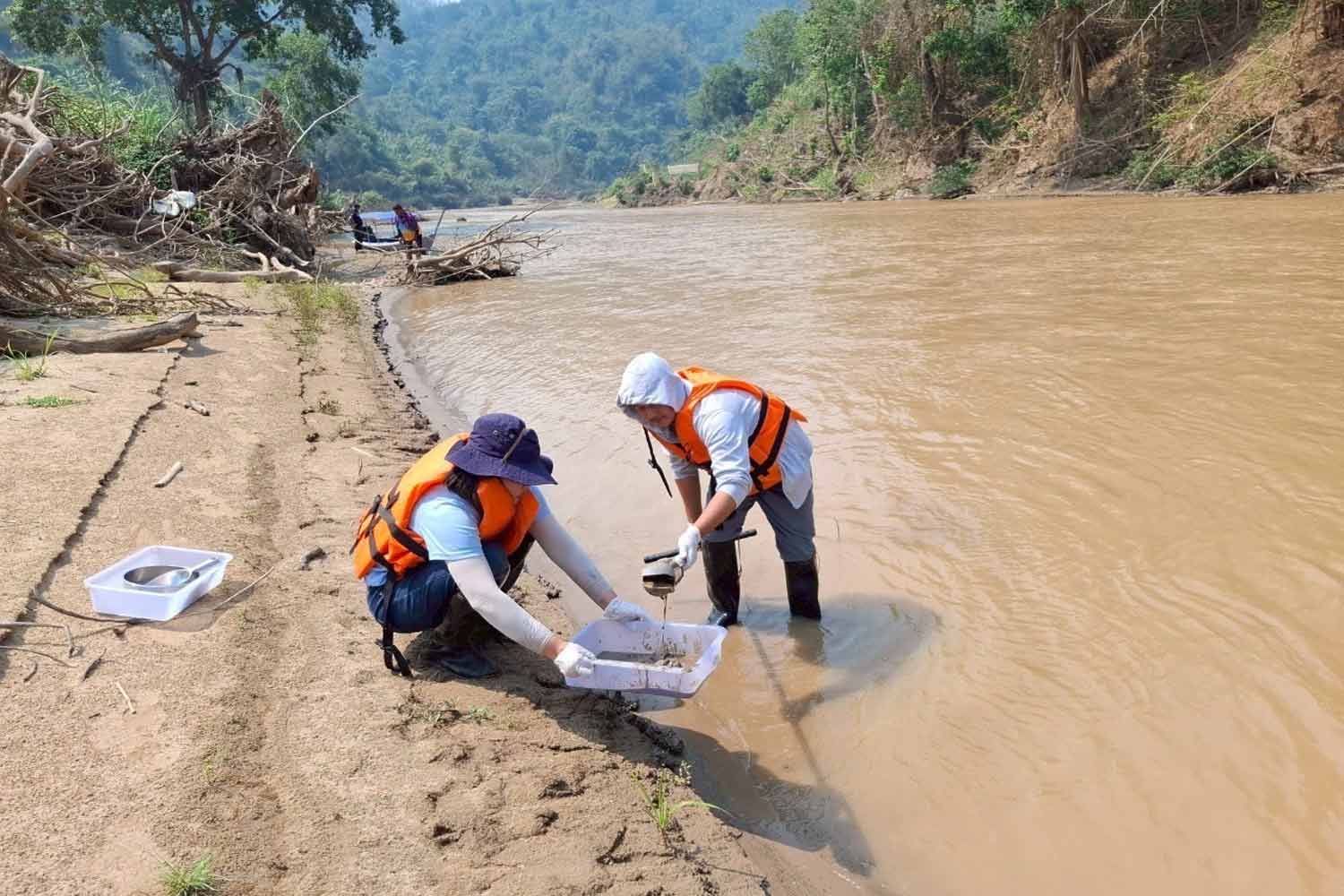Over 4,400 Arrests in Nine Months
Thailand’s Labour Ministry, under Minister Phiphat Ratchakitprakarn, launched a robust crackdown on expatriates working in jobs reserved for Thai nationals, resulting in 4,437 arrests between October 2024 and June 13, 2025. Announced on June 16, 2025, the initiative aims to protect local employment in industries like vending and barbering, reinforcing legal barriers against unauthorized foreign labor.
Strict Enforcement of Job Restrictions
List-1 Occupations Under Scrutiny
The ministry targeted “List-1” occupations, strictly prohibited for foreigners, such as traditional masseurs, secretaries, and chauffeurs. Of the 4,437 expats apprehended, 417 faced legal charges for violating these restrictions. The operation, driven by complaints about job encroachment, seeks to preserve opportunities for Thai workers, particularly in roles requiring cultural or local expertise.
Conditional Job Violations Addressed
Charges Filed in List-3 and List-4 Roles
Beyond List-1, the ministry identified 4,720 expats in “List-3” conditionally prohibited jobs like construction and agriculture, pressing charges against 53. Additionally, 696 of 22,414 expats in “List-4” roles, such as shop assistants, faced legal action. These conditional categories allow foreign labor only when no Thai workers are available, a rule now rigorously enforced to curb employer exploitation.
Employers Blamed for Cutting Corners
Cost-Saving Practices Fuel Issue
Labour Ministry spokesman Phumphat Muanchan attributed the surge in illegal employment to employers seeking to reduce recruitment costs. Some legal officers’ failure to pursue charges has exacerbated the problem, allowing violations to persist. The ministry is now collaborating with police and the Department of Employment to streamline enforcement, ensuring fines, charges, and repatriation for offenders.
Coordinated Push for Compliance
Agencies Unite to Protect Jobs
Minister Phiphat emphasized inter-agency coordination to suppress illegal expat employment, urging concrete results. Employers are encouraged to adhere to labor laws, standardizing hiring practices to prioritize Thai workers. The public is invited to report violations to the Department of Employment’s Central Employment Registration and Workers Protection Division, fostering community vigilance in safeguarding local jobs.
Long-Term Employment Strategy
Balancing Labor Needs and Rights
The crackdown reflects Thailand’s broader effort to balance economic needs with worker protections in 2025. By targeting illegal employment without normalizing it, the ministry aims to restore confidence in the job market. Plans to enhance employment systems and legal frameworks will ensure sustainable opportunities for Thais, particularly in sectors hit hardest by foreign labor influx.
Economic and Social Implications
Preserving Thai Workforce Identity
This enforcement wave addresses economic pressures and cultural concerns, protecting jobs integral to Thai identity, like traditional massage. With tourism and service sectors rebounding, the ministry’s actions aim to secure employment for locals amid global labor mobility. The crackdown’s success hinges on sustained collaboration and public support, setting a precedent for labor policy in Southeast Asia.









